For many dog lovers, the joy of having a canine companion is sometimes overshadowed by the constant battle against shedding fur. If you’re dreaming of a small dog that leaves minimal fur on your furniture and clothes, you’re in for a treat. This guide explores a variety of small dog breeds known for their low shedding, offering a solution for those who want a furry friend without the excessive hair.
Finding the right breed is a personal journey. While the prospect of a non-shedding dog is appealing, remember that every breed has unique grooming and care needs. Understanding these requirements will help you select a dog that truly fits your lifestyle and provides a happy, healthy life for both you and your new companion.
small dog breeds that don t shed and stay small are a popular choice for many households. These breeds combine the charm and portability of small dogs with the advantage of reduced shedding, making them ideal for apartment living or for owners who prefer a cleaner home environment.
Understanding Shedding in Dogs
Before diving into specific breeds, it’s helpful to understand why some dogs shed more than others. Shedding is a natural process where dogs lose old or damaged hair. The amount of shedding is influenced by several factors, including breed genetics, coat type, health, and even the season.
Dogs with double coats, for example, tend to shed more than those with a single coat. Similarly, dogs with hair that grows continuously, rather than shedding seasonally, often fall into the low-shedding category. While no dog is truly 100% non-shedding, many breeds come remarkably close, requiring just regular grooming to manage their coats.
Popular Small Dog Breeds with Low Shedding
Here’s a look at some of the most beloved small dog breeds that are known for their minimal shedding:
Affenpinscher
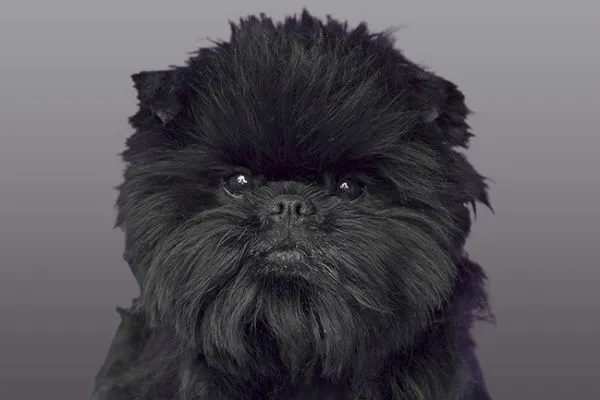 affenpinscher
affenpinscher
The “monkey-like terrier,” as its name suggests, is an intelligent and alert small dog. The Affenpinscher boasts a wiry coat that sheds very little and surprisingly has minimal doggy odor. Regular brushing twice a week is sufficient to keep their unique coat tidy. Their fearless nature and sense of humor make them delightful companions.
Basenji
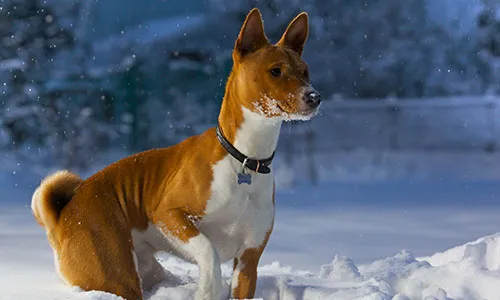 basenji
basenji
Often called the “barkless dog,” the Basenji is a fascinating breed. They shed minimally due to their short, fine coat, which requires only occasional brushing. Basenjis are also known for being exceptionally quiet, making them well-suited for apartment living, provided they receive adequate daily exercise and playtime.
Bichon Frise
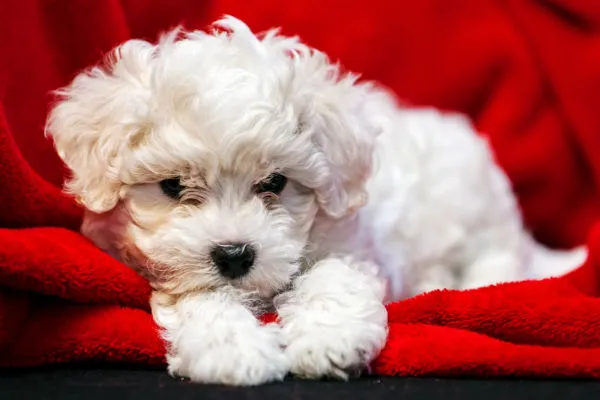 bichon frise
bichon frise
The Bichon Frise is a classic choice for allergy sufferers, as they are considered a truly non-shedding breed. Their fluffy, white coat is more hair than fur. While they don’t shed much, their continuously growing hair necessitates frequent grooming, including regular brushing and occasional baths, to maintain their signature “powder-puff” look.
Bolognese
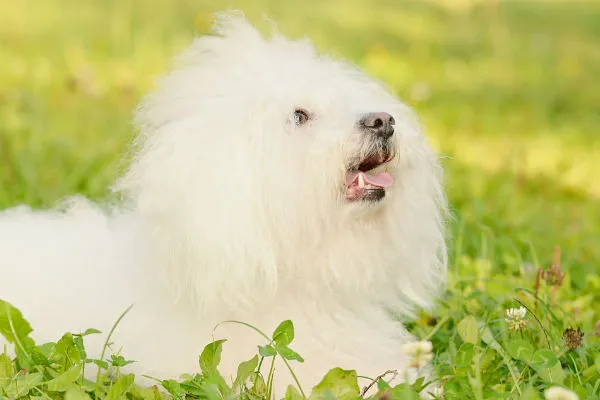 bolognese
bolognese
Similar to the Bichon Frise, the Bolognese possesses a distinctive fluffy coat that is hair rather than fur, leading to very little shedding. However, dead hair needs to be brushed out regularly, and daily grooming is essential to keep these lovable lap dogs looking their best.
Brussels Griffon
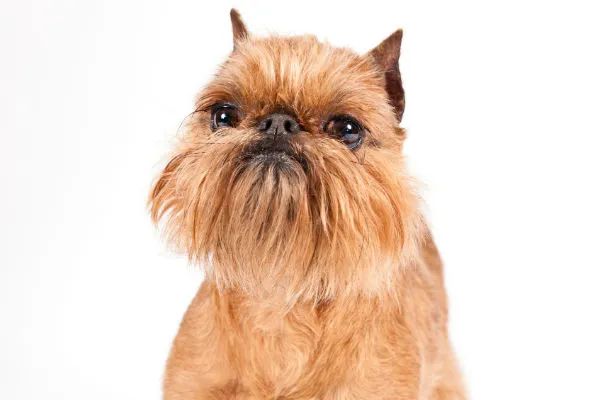 brussells griffon
brussells griffon
Despite their small stature, Brussels Griffons are robust dogs. Available in both smooth-coated and rough-coated varieties, they are minimal shedders. Regular grooming is key for both coat types. Their exercise needs are easily met with daily walks and indoor play, and they thrive in homes where their families are often present.
Chinese Crested
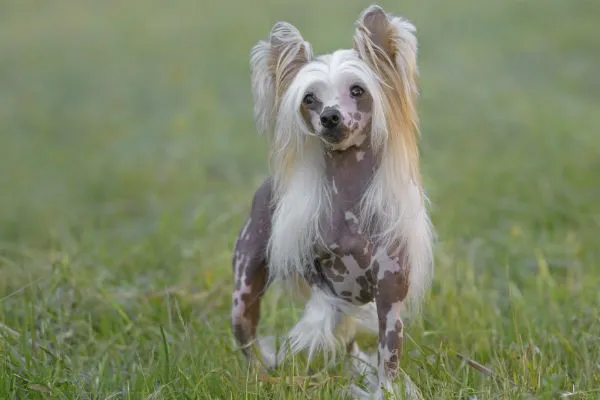 chinese crested
chinese crested
This breed offers a unique solution to shedding: some are hairless! The Chinese Crested comes in two types: hairless, which has hair only on the head, tail, and feet, and the powderpuff, which is covered in fine hair that sheds very minimally. The hairless variety requires special skin care, including protection from the sun and cold, as they are more prone to skin irritations.
Coton De Tulear
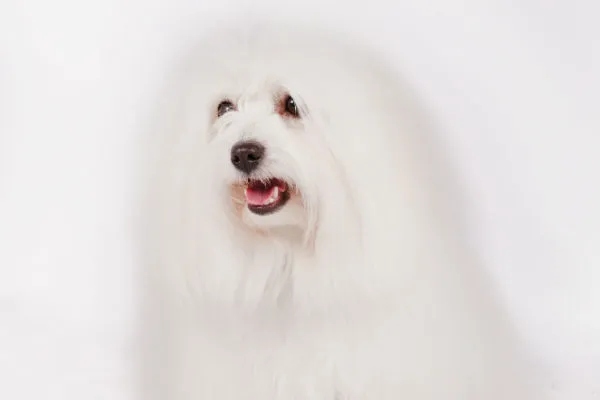 coton de tulear
coton de tulear
With its distinctive, long, fluffy coat, the Coton De Tulear is considered hypoallergenic and an excellent option for those with allergies or who wish to minimize shedding. Daily grooming is a must to maintain their beautiful coats, but their lighthearted and gentle temperament makes the effort incredibly rewarding.
Havanese
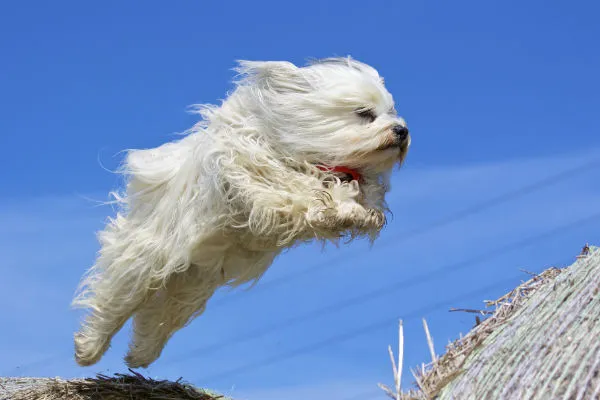 havanese
havanese
These charming Cuban natives offer their owners a spunky personality and a coat that sheds very little. This means less time spent cleaning up fur and more time enjoying play sessions with your energetic Havanese. Their coat requires weekly brushing and regular baths to keep it clean and healthy.
Maltese
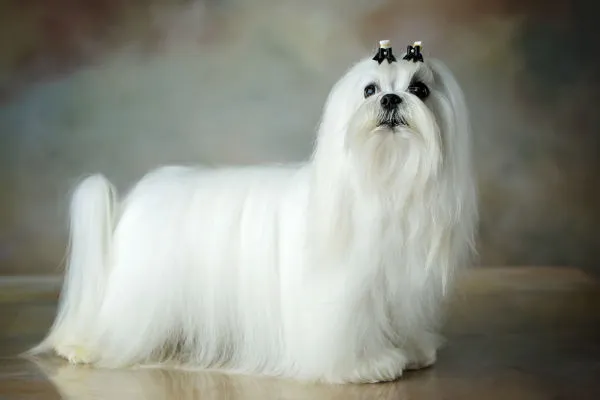 maltese
maltese
An ancient breed, the Maltese has captivated people for millennia. Their long, white coats shed very little, making them an ideal lap dog. Regular brushing is essential to prevent matting, and occasional baths help keep their silky hair clean and free of debris.
Lhasa Apso
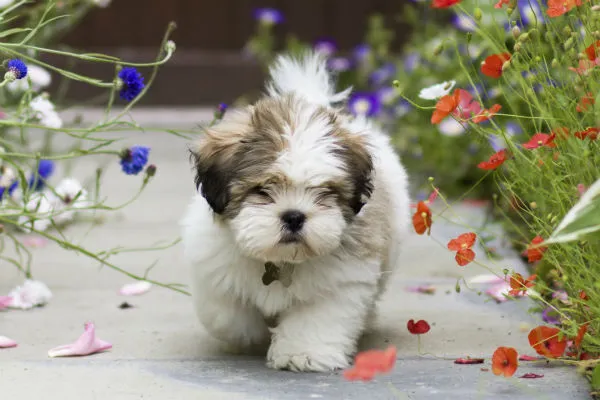 lhasa apso
lhasa apso
Originating from Tibet, the Lhasa Apso is a calm yet playful companion. These dogs do not shed, but their coat does require maintenance. Many owners opt for a shorter “puppy cut” to simplify grooming and avoid the daily upkeep of their long hair.
Miniature Schnauzer
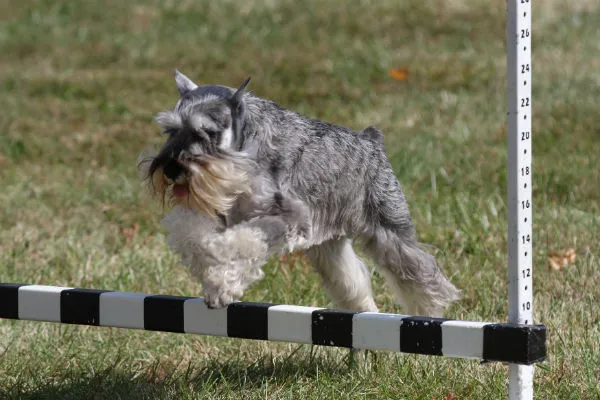 miniature schnauzer
miniature schnauzer
The Miniature Schnauzer is an intelligent, trainable, and cheerful dog. They shed very little, making them adaptable to both city and country living, as long as they are with their beloved people. Weekly brushing and regular grooming are recommended to keep them looking their best. If you’re looking for quiet small dog breeds that don t shed, the Miniature Schnauzer is a good contender.
Poodle
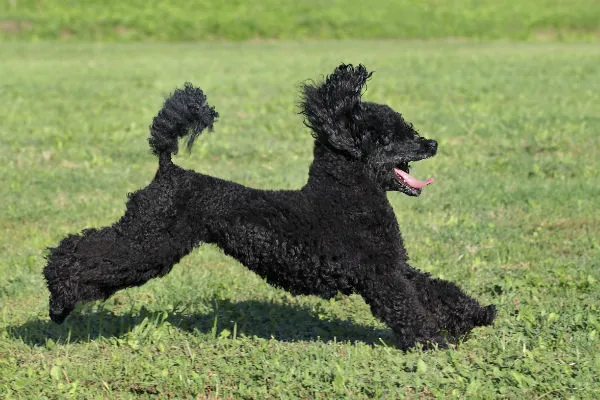 poodle
poodle
Poodles are perhaps the most well-known small dogs that don’t shed much and are considered hypoallergenic. Miniature and Toy Poodles offer these desirable traits in smaller, intelligent packages. All Poodles are highly intelligent and trainable, with an active and proud demeanor. Their curly coat requires regular professional grooming.
Scottish Terrier
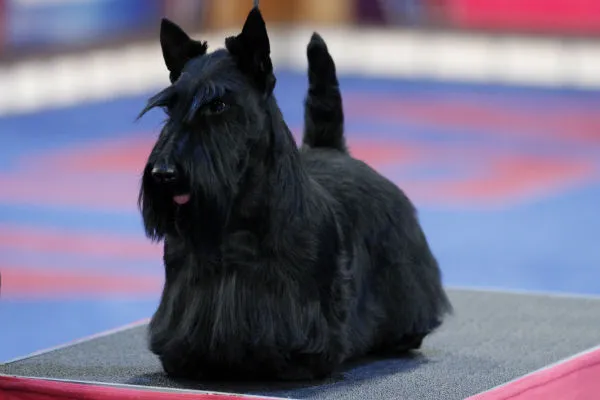 scottish terrier
scottish terrier
Known for their boldness and confidence, Scottish Terriers have a wiry, weather-resistant coat that sheds very little. They do require regular brushing, grooming, and occasional hand-stripping to maintain coat health and breed appearance. Scotties are clever and independent with a strong prey drive, so caution is advised around smaller animals.
Shih Tzu
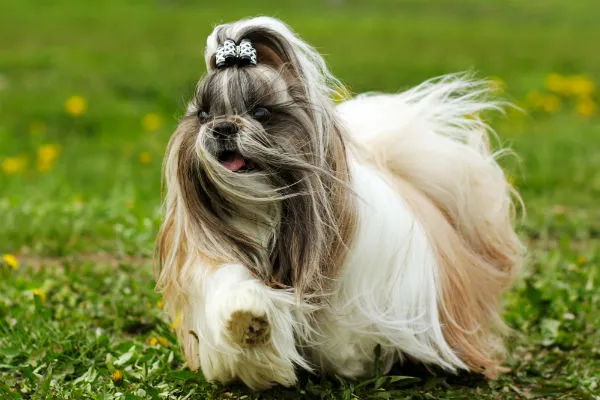 shitzhu
shitzhu
The Shih Tzu, meaning “little lion dog,” boasts a long, silky coat that is very low-shedding. When brushed out, their hair looks exceptionally regal, befitting their royal ancestry. This sturdy and lively breed makes an exceptional companion due to their gentle and trusting nature. They are certainly among the cute small dog breeds that don t shed.
West Highland White Terrier
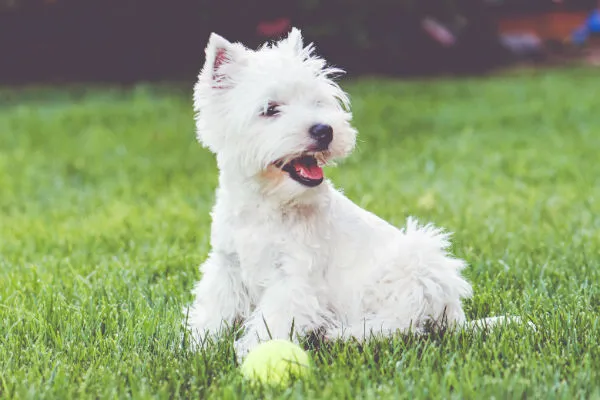 west highland terrier
west highland terrier
Affectionately known as “Westies,” these sturdy little dogs have a coarse, white coat that sheds very little. They are intelligent, loyal, happy, and entertaining, with moderate energy levels and an independent streak common in terriers. Training can sometimes be a challenge but is well worth the effort.
Xoloitzcuintli
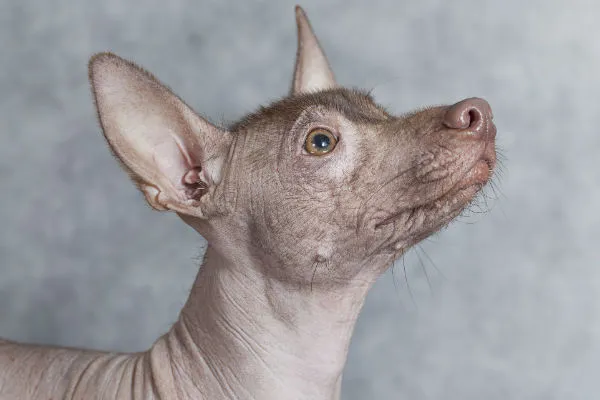 xolo
xolo
Also known as the Mexican Hairless, the Xoloitzcuintli is an ancient breed that can be hairless or coated. The hairless variety has minimal hair on its head, tail, and feet, while the coated variety has a very short, fine coat that sheds minimally. Like other hairless breeds, Xolos require extra skin protection. They make attentive watchdogs and affectionate companions, known for their tranquil personality indoors.
Yorkshire Terrier
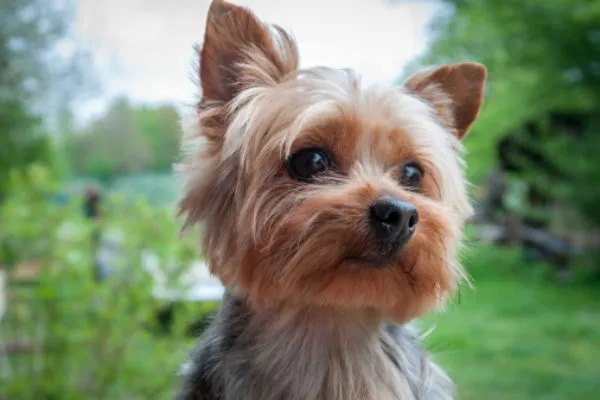 yorkie
yorkie
The Yorkshire Terrier, or Yorkie, is a small breed brimming with personality. These spunky lap dogs are a popular choice for many. Yorkshire Terriers do not shed, and their silky coats are beautiful when brushed daily, which is easily managed due to their small size. Despite their regal appearance, they have working-class roots and were once used to hunt rats.
Other Small Dog Breeds That Don’t Shed
The Terrier group, in particular, is a rich source of small dogs that don’t shed or shed minimally. Breeds with wiry or coarse coats often shed less than others, making them ideal for owners who want to avoid excessive hair. Beyond those already mentioned, consider other low-shedding terrier breeds.
Important Considerations for Low-Shedding Dogs
While low-shedding breeds significantly reduce the amount of fur in your home, they are not entirely maintenance-free. Their unique coats often require regular grooming to prevent matting, keep them clean, and maintain their health and appearance.
When choosing a breed, always research their specific grooming needs, exercise requirements, temperament, and potential health issues. It’s crucial to purchase from a reliable breeder and provide your dog with a high-quality diet and regular veterinary check-ups to ensure a long and healthy life. Exploring small to medium breed dogs that dont shed can also broaden your options.
